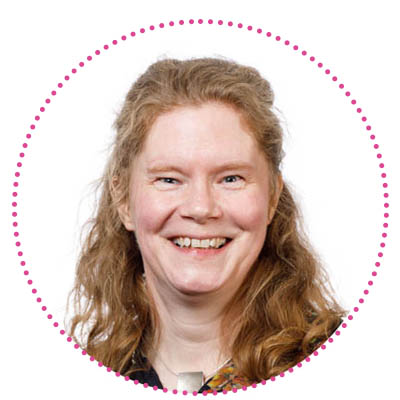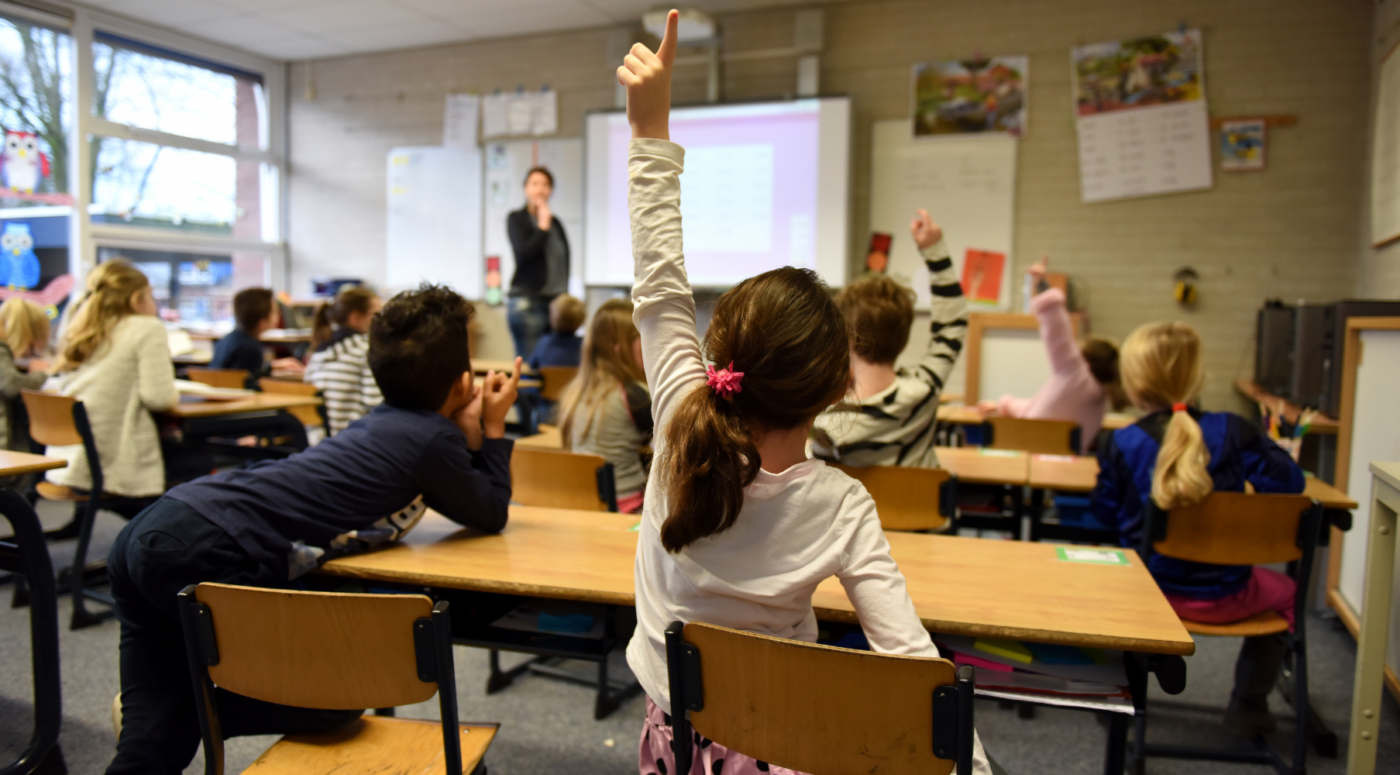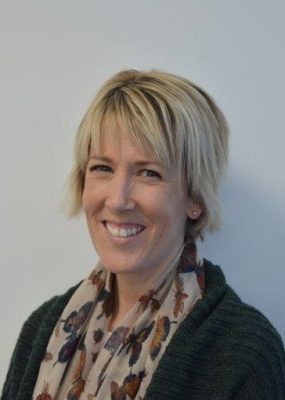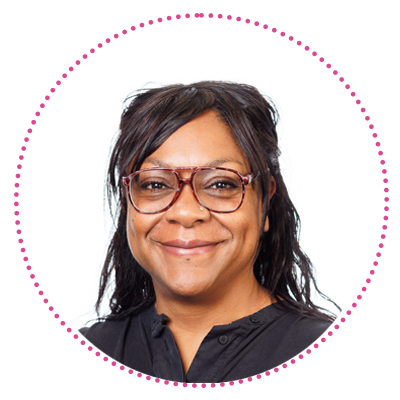Advice For Schools
The Importance of Religious Education (RE) in a School’s Curriculum
Discover the new 2022/23 locally Agreed Syllabus for Religious Education in Birmingham and why it is important schools make it a priority in the new academic year.
On 8th February 2022, the Cabinet of Birmingham City Council adopted the new Agreed Syllabus for Religious Education.
The changes reflect the CORE report and the bigger pedagogical discussion about the teaching of worldviews in general.
In this article, I provide an overview of the new locally agreed syllabus for Religious Education in Birmingham and explain why it will play a crucial role in supporting future generations.
Why is Religious Education Important in Schools?
In a world where, for some, religion and faith have no lasting value, and the educational ground is constantly moving, it’s now an opportunity to reflect on the place and the importance of RE within the school’s curriculum.
Just recently the RE report card provided a national overview of RE from the value of the qualification, its place in society and the future of the subject in the wider curriculum.
One of the biggest talking points was the fact that 64% of the adult population view education in religion and worldviews (or RE) as an important part of the school curriculum.
With the number of students taking Religious Studies GCSE rising by nearly a third in the last ten years, society still sees great value in its role in the curriculum.
For schools, Religious Education is important because it helps pupils to:
- Respect others and gain a broader understanding of views and beliefs
- Improve their knowledge of global affairs
- Develop a stronger sense of wellbeing, ethical standards and personal happiness
- Avoid extremism and religious discrimination
- Contribute to and build a more cohesive community
Birmingham’s Agreed Syllabus for Religious Education for the 2022/23 Academic Year
A pupil’s experiences are as important as anybody else’s as a starting point. Today’s lessons are led by everyday concerns such as telling the truth, looking after the planet, treating everybody as equal or just plain listening.
These basics are about the human condition, and in Birmingham, are summed up in 24 values or dispositions.
People from faith traditions and non-religious traditions have been involved in devising, updating and voting for the new Birmingham Agreed Syllabus for Religious Education.
Although it is still centred on teaching through dispositions, it is now expanded to consider the changing landscape of belief. It has a local flavour which is owned by the communities in which you teach.
For the pupils in Birmingham to be good people, they need to be able to think about what they believe in on a deeper level. You will want them to consider what sort of person they might become and what sort of city and society they might want to live in.
Pupils are expected to think for themselves around these values. In learning to critically interpret and evaluate the content that is presented, pupils will grow in their ability to discern.
In the new Agreed RE Syllabus, pupils will be encouraged and challenged to reflect and evaluate, and think critically about what they have learned.
In doing so, they will begin to understand that the interpretation of these sources can be used both legitimately (and inaccurately) to support a particular point of view.
Pupils will learn how individual aspects may conflict with each other and acknowledge that plurality exists in religious traditions and non-religious worldviews, which leads to divergence in practice. This process will involve reflective and interpretative skills, as well as the ability of pupils to examine themselves in the light of the information encountered.
As pupils learn about the things that concern us all, they will be educated on what religions think about them, as well as people like humanists, atheists and people who do not have a firm tradition.
By sixteen, a young person will know a lot more about what drives them in their lives and realise what motivates the people they see in their day-to-day lives.
Pupils may decide whether they are religious or not. Or they may not think this particularly affects their character.
They will understand a person’s particular religion or worldview from what they have learned about their values.
Pupils will also identify that the people around them have made their own decisions about belief and character, just as they have.
With the right commitment from schools, Birmingham’s Agreed Syllabus for Religious Education can have a significant impact on the upcoming generation. It is a simple matter of recognising its value inside and outside of school and teaching the syllabus in an engaging way.
Making Religious Education a Central Point Within the Curriculum
The locally Agreed Syllabus for Religious Education in Birmingham enables pupils to understand the city’s diverse range of citizens and recognise that each person has their own principles, values and beliefs. They will see how and why people may differ sometimes and even discover that the citizens of Birmingham have much more in common than they might have otherwise thought.
But most of all, through Birmingham’s RE teaching, pupils will have thought about their qualities ready to take into their adulthood to lead a rounded and fulfilling life.
So, it’s not just about learning a comprehensive set of factual information about religious and non-religious traditions that don’t have any connection with your life. The Agreed Syllabus for Religious Education in Birmingham is an opportunity to provide pupils with the tools to connect them with the community and reflect on their lives. That’s why RE is still important and valid within the school curriculum.
For any dedicated support across the Religious Education Agreed Syllabus, take a look at our RE Audit where our RE expert will be able to give an independent and professionally challenging, yet supportive review of your RE provision
About the Author
 Dr Simone Whitehouse-James - Adviser, Services For Education
Dr Simone Whitehouse-James - Adviser, Services For Education
Simone's journey in the field of education is nothing short of remarkable. Armed with a deep passion for Religious Education, she has not only excelled in her own academic pursuits but has also dedicated herself to the betterment of the education system.
From her early days as a Head of Department leading RE in schools in Birmingham to her current role as an Education Advisor at Services For Education, Simone has constantly pushed the boundaries of her knowledge and expertise. Simone has also worked as a visiting lecturer on the Birmingham University RE PGDip course. Her commitment to the field is evident in her decision to pursue a PhD, delving into the unique approach to teaching RE in Birmingham.
But Simone's impact goes beyond just Religious Education. Her extensive knowledge of ITT and the Early Career Framework has allowed her to support teachers, school leaders, and governors in their professional development journey. As an Induction Manager and facilitator for the Best Practice Network, she plays a crucial role in shaping the next generation of educators and school leaders.
Simone's dedication to her craft is unwavering, whether she's engaging with faith groups, acting as the drafting secretary for the Agreed Syllabus Conference, advising on curriculum development, or delivering nationally recognised CPD as part of the NPQ suite of qualifications. Her passion for education is truly inspiring, as she continues to push boundaries, challenge norms, and lead by example in the world of education.


 Lucie Welch – Adviser, Services For Education
Lucie Welch – Adviser, Services For Education

 Marsha
Marsha 


